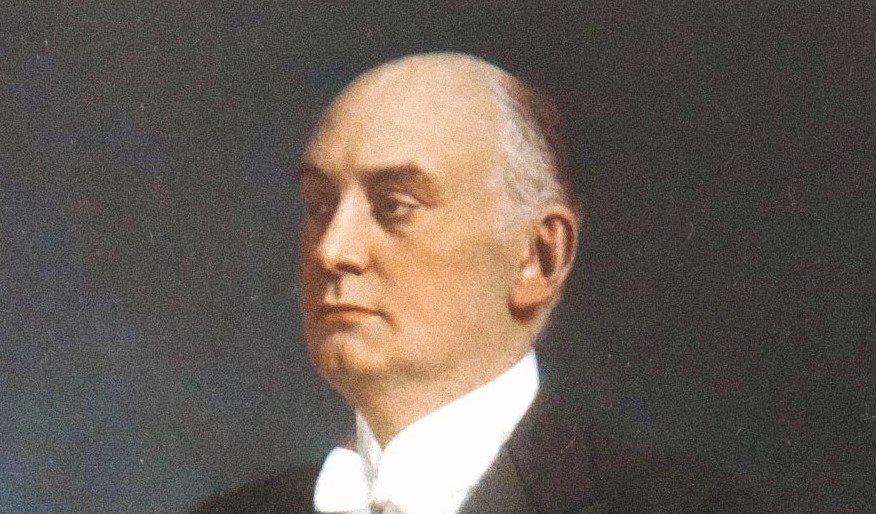Made European migrations to Argentina difficult: Who is Marcelo Torcuato De Alvear?
During his presidency, an argument broke out between the Pope and Argentina over the powers of the head of state in appointing the archbishop, and relations were severed for two years.

(1868-1942) Argentine politician. He was the head of state between 1922-1928. He was born in Buenos Aires and died in the same place. He came from a noble family. He completed his education at the Colegio Nacional de Buenos Aires and received a doctorate in law. He was one of the founders of the reformist-leaning Union Civica Radical, which emerged as a new option against Conservative rule in 1890. He participated in the 1890, 1893, and 1905 movements aimed at establishing a liberal democracy in Argentina. As a result of the campaign, a liberal electoral law was passed in 1912, and in the 1916 elections, the leader of the Radicals, Irigoyen, was elected president. Alvear was a deputy between 1912-1917 and ambassador in France between 1917-1922.
Marcelo T. de Alvear, (born October 4, 1868, Buenos Aires—died March 23, 1942, Buenos Aires), statesman and political leader who served as president of Argentina from 1922 until 1928.
In the 1922 elections, Irigoyen nominated Alvear for president. Alvear, who was elected as the head of state, had been with Irigoyen continuously since the party's establishment and supported him in every field. Therefore, Irigoyen thought that Alvear would act according to his wishes, while Alvear thought that the now-aged Irigoyen would leave the Radicals' leadership to him. Both were mistaken in their expectations, and within two years they differed. Alvear formed a party called the Union Anti-Personalista Partida in 1924 with the dissident Radicals and allied himself with the Conservatives. The vast majority of the Radicals remained loyal to Irigoyen.
Alvear took some measures to improve the living conditions of the workers; passed a pension law. His imposition of taxes on land and inheritance caused a strong reaction from the oligarchy. In this period, due to the high prices paid by European countries for meat, wool, and wheat, which are Argentina's main export products, the economic situation made Argentina an attractive country, and there was a significant increase in the number of immigrants. By enacting an immigration law, Alvear made application requirements more difficult and imposed quotas that limited entries.
During Alvear's presidency, an argument broke out between the Pope and Argentina over the powers of the head of state in appointing the archbishop, and relations were severed for two years. In the 1928 elections, Irigoyen was re-elected president. In 1930, the Conservatives overthrew Irigoyen in a military coup. Reorganized under the leadership of Alvear, the Radicals won great success in the 1931 elections in the Buenos Aires region; however, he boycotted the elections after the military administration imposed political restrictions. General Justo was elected head of state. Alvear became chairman of the Radical Party after Irigoyen's death in 1932.
